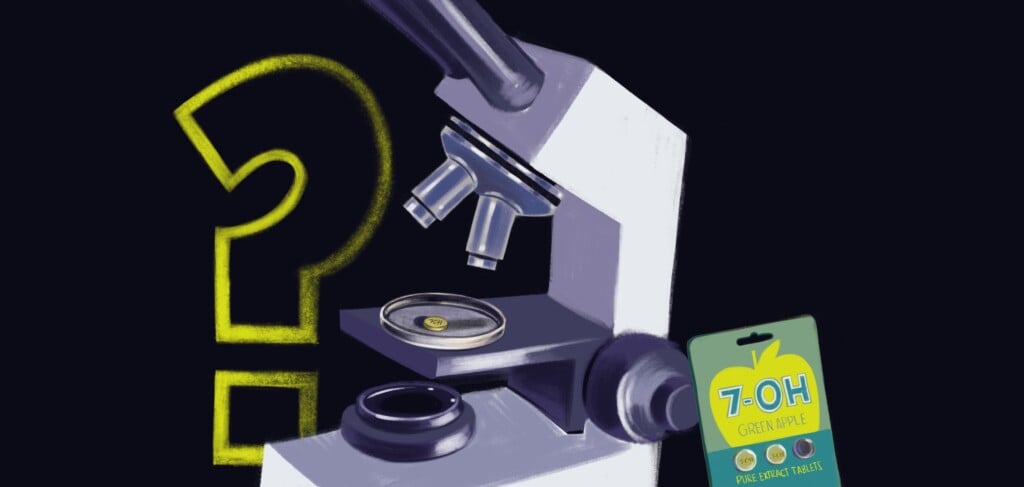Crack Down
Three Kansas City tattoo artists have raised a fuss over an ordinance that defines their businesses as “adult entertainment” and requires parlors to obtain a $300 license as “nude body painting” facilities — an industry that died out after its heyday in the ’60s.
“Whispering” Danny Kobzantsev, Jack Cox and Derek Boone recently filed suit in Jackson County Circuit Court claiming that Chapter 42 of the city’s regulated-industries statute unfairly penalizes tattoo artists who previously could operate with an occupational license. Under Chapter 42, unlicensed “adult” shops caught exposing too much skin on breasts and buttocks while applying tattoos could lose the right to do business.
“We are saying they are not body-painting shops,” says Michael J. Gunter, the attorney for the tattoo artists.
But the supervisor of Kansas City’s regulated industries, Eldon Audsley, says the city’s definition of tattoo artists under Chapter 42 was refined and approved under state legislation two years ago. “As long as they work basically on your arms, legs, the standard on the back, the abdomen or the navel region and they meet Kansas City zoning requirements and the business license requirements of the finance department, they are not required to have a special license,” he explains.
The “adult entertainment” requirement goes into effect, however, when tattoo artists stray onto “specific anatomical areas — basically the buttocks, female breasts below the top of the areola, any human genitalia and so forth,” Audsley says.
Artists Kobzantsev, Cox and Boone say they were assessed the $300 adult-entertainment fee when they applied for occupational licenses in 2000. Occupational licenses start at $25 and increase each year depending upon income. The three each pay between $100 and $200 for their occupational licenses. They began receiving letters requesting back payment of adult-entertainment fees in March 2000. At this point, they continue to operate without having paid the $300 for 2000 or 2001.
Kobzantsev, once a student at the Kansas City Art Institute, operates Exile Tattoo at 3425 Main Street. Cox owns the Illustrated Man Tattoo Studio at 1724 Main. Boone and his wife co-own Irezumi Body Art at 8435 Wornall Road.
In December, the trio gave depositions on the case to city attorney Saskia Jacobse.
“Now, why are you filing this case?” Jacobse asked Kobzantsev.
“I do not work in a nude modeling studio,” Kobzantsev responded, “so I would like to have the license that I’ve had in the past. That’s it basically. I just want the correct license.”
Kobzantsev further explained his point.
“Chapter 42 talks about what a body-painting studio is. A person, most likely a woman, is in a facility that allows people off the street to come in and paint on her…. Most likely it’s some sort of front for prostitution or whatever. I am not a prostitute, and I am not a nude model. I am a tattoo artist.”
Jacobse later questioned him about various body parts Kobzantsev might have been in contact with while on the job since January 1, 1999.
“Now, when you tattoo the buttocks, how much of the buttocks is covered approximately?” Jacobse asked.
“Most.”
“Most?”
Kobzantsev nodded his head.
“What is it covered with?”
“Partially their clothes and partially a drape that we put on.”
“Approximately how much is exposed then?” Jacobse asked.
“Well, I guess it depends on the buttocks,” Kobzantsev responded.
Jacobse also asked Cox about the specific amounts of breasts that are exposed during the tattoo process. “So is the nipple showing?”
“No,” said Cox.
Boone summed up the suit and Jacobse’s line of questioning this way: “It’s a bad situation when the city is more concerned about whether or not somebody gets to see a breast (than) whether they’re applying a tattoo in a clean, safe, healthy atmosphere.”




